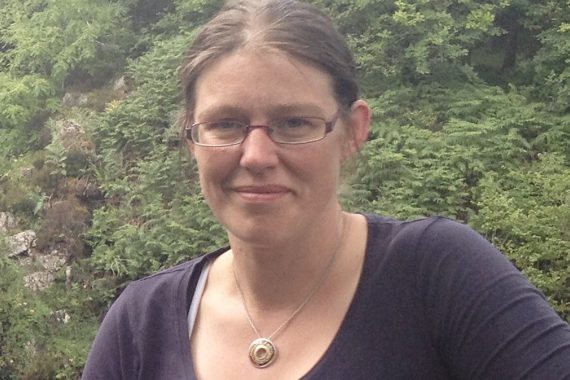We need to talk openly about death

Jessie has just had her 75th Birthday, her family all round her to celebrate. Their pictures take pride of place on the sideboard, along with a browned wedding photo and an old faded colour image of her husband, Jack.
Jack died two years ago after collapsing in the bedroom. When she found him he wasn’t breathing, he was lifeless. She rang 999. The ambulance was there in minutes, and before she knew it the crew were pumping hard on his chest. Everything was chaos, noisy, frantic, wires, needles. All she wanted was to kiss Jack one last time.
It’s time to be realistic about medicine and life
The ambulance crew took him away, still working hard. Jessie’s daughter went to the hospital.
Jessie and Jack promised they would never leave each other’s side when the time came, ‘…for as long as you both shall live’. Jack visited the doctor most weeks, usually about his heart failure, or a chest infection. He instictively knew he hadn’t much longer, but the doctor kept trying new tablets.
‘Each of us is merely a small instrument; all of us, after accomplishing our mission, will disappear.‘ Mother Teresa, In the Heart of the World: Thoughts, Stories and Prayers
An hour later her daughter returned. Jack was gone. At the hospital the doctors said that, with his heart and chest problems, there was no real chance CPR could work, but the paramedics had no choice because there was no form. ‘What form?’
So now, with the birthday celebrations over, everyone gone home, Jessie sits, a tiny figure engulfed by her armchair, lost in memories. She’s too tired to get into bed, her legs are swollen and painful, and it’s too hard to breath. She finds herself repeating the same question over and over again – ‘Will they do to me what they did to Jack?’
OK, Jessie and her family are fictional, but does this scenario sound familiar? How many of your patients are frail, elderly, have multiple morbidities? How many do you, in all honesty, believe would not survive CPR? And with how many of them have you actually discussed end of life care planning, their wishes, CPR?
Society looks to doctors and nurses to guide opinion and beliefs about health and sickness, life and death. So much has changed, new cures, new understanding about how the body works and how it breaks. But one thing will never change – we will all die. Death has become taboo, not to be openly discussed until it happens. And we continue to project our own fears by avoiding the conversations.
‘There is no way to escape death, it is just like trying to escape by four great mountains touching sky. There is no escape from these four mountains of birth, old age, sickness and death.‘ Dalai Lama
This is about realistic medicine. CPR is only part of the issue. We should talk about death, not morbidly, or at a dinner party with an uninvited guest pointing at the salmon mousse, but compassionately, with dignity. We need to explore the person’s wishes, the realities of CPR and the limits of medicine.
‘If you are mindful of death, it will not come as a surprise – you will not be anxious. You will feel that death is merely like changing clothes. Consequently, at that point you will be able to maintain your calmness of mind.‘ Dalai Lama
The new multidisciplinary ReSPECT form (recommended summary plan for emergency care and treatment), developed by several healthcare colleges and organisations, is intended to encourage and facilitate these discussions between patients, relatives, carers and healthcare professionals (doctors, nurses, paramedics).
It’s time to be realistic about medicine and life. We must start respecting our elders, and listening to their wishes. Let’s stop projecting our own fear of mortality on to society, and lead the way to open conversations to dispel the stigma of death.
Dr Cathy Welch is a GP on the Isle of Arran, Scotland
Pulse July survey
Take our July 2025 survey to potentially win £1.000 worth of tokens














